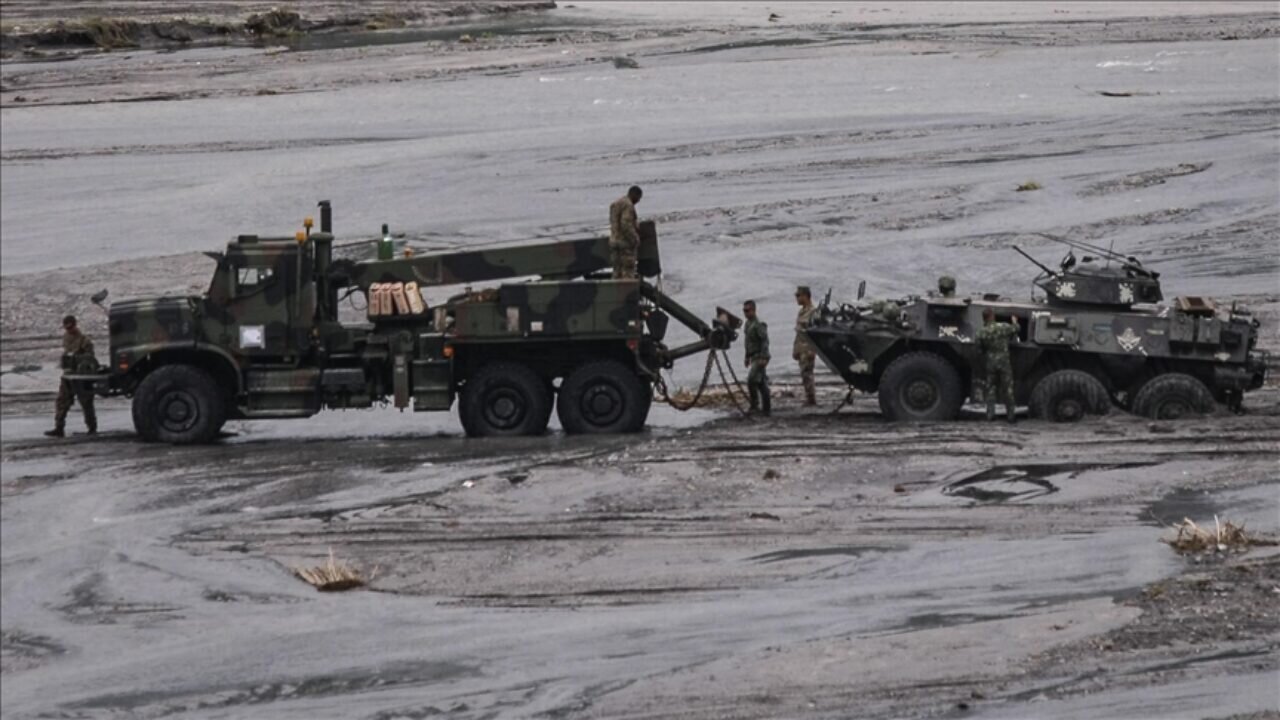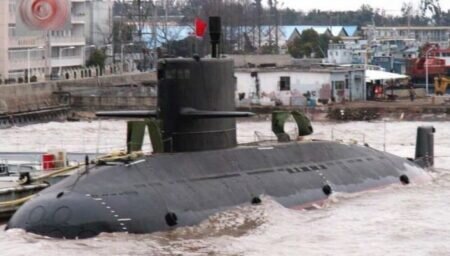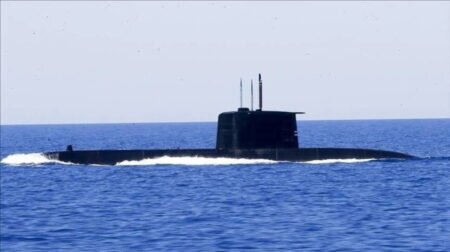The Philippines on Thursday directed its soldiers to "strengthen" their presence in the contested South China Sea following reports of alleged new construction activities by China.
“Any encroachment in the West Philippines Sea or reclamation on the features therein is a threat to the security of Pag-asa Island, which is a part of Philippine sovereign territory,” the Philippines Department of Defense said in a statement.
“It also endangers the maritime environment, and undermines stability in the region,” it added.
The statement from the capital Manila came after a media report quoting unnamed "Western officials" claimed that China has engaged in fresh construction activities at Eldad Reef in the northern Spratlys.
Beijing has strongly objected to the report, calling it "purely fabricated."
“Not to take action against uninhabited islands and reefs in the Nansha Islands is a solemn consensus reached by China and ASEAN (Association of Southeast Asian Nations) countries in the Declaration on the Conduct of Parties in the South China Sea (DoC), and China has always strictly abided by it,” Mao Ning, a spokesperson for China’s Foreign Ministry, said at a news briefing on Wednesday.
The report had said: “New land formations have appeared above water over the past year at Eldad Reef in the northern Spratlys, with images showing large holes, debris piles and excavator tracks at a site that used to be only partially exposed at high tide.”
The mineral-rich warm waters of the South China Sea have long been the subject of contention between China and some regional countries, with the US siding with those who oppose China's claims.
ASEAN members Brunei, Cambodia, Indonesia, Malaysia, the Philippines, Singapore, Thailand, and Vietnam all have coastlines on the South China Sea. Taiwan, which Beijing claims is a part of China, is also a claimant.
The Declaration on the Conduct is an agreement on the South China Sea signed by ASEAN and China in Nov. 2002, marking China's first acceptance of a multilateral agreement on the issue.
China's claims are based on its "nine-dash line," which are purple dashes on official Chinese maps that represent Beijing's historical claims to the South China Sea.
However, the Philippines won a case at the Permanent Court of Arbitration (PCA) in The Hague in 2016 that invalidated China's South China Sea expansion claims.
Manila urged Beijing to “uphold the prevailing rules-based international order and refrain from acts that will exacerbate tensions in the West Philippine Sea and the larger South China Sea.”
Source: AA









